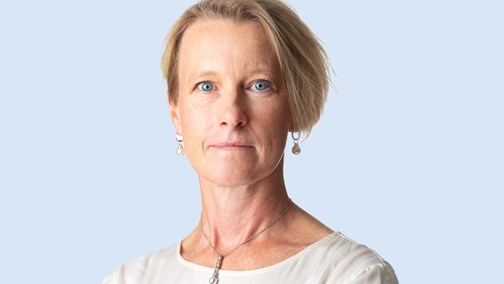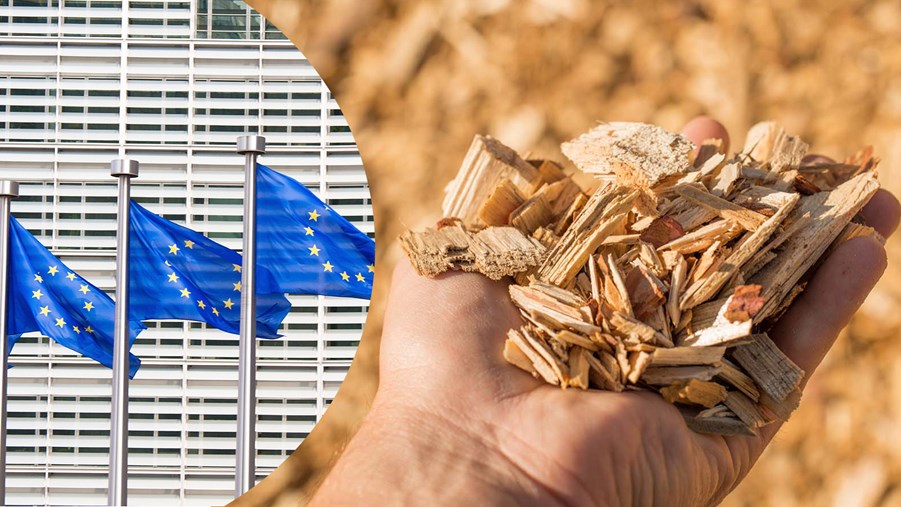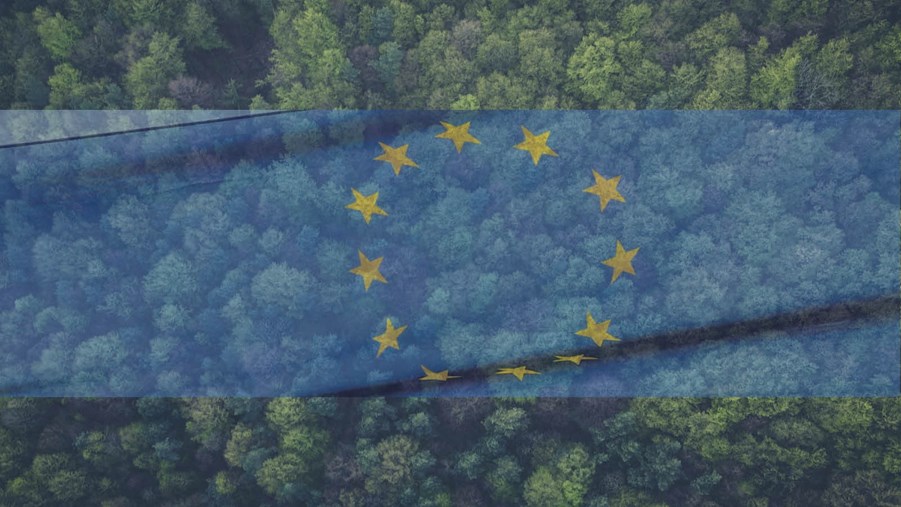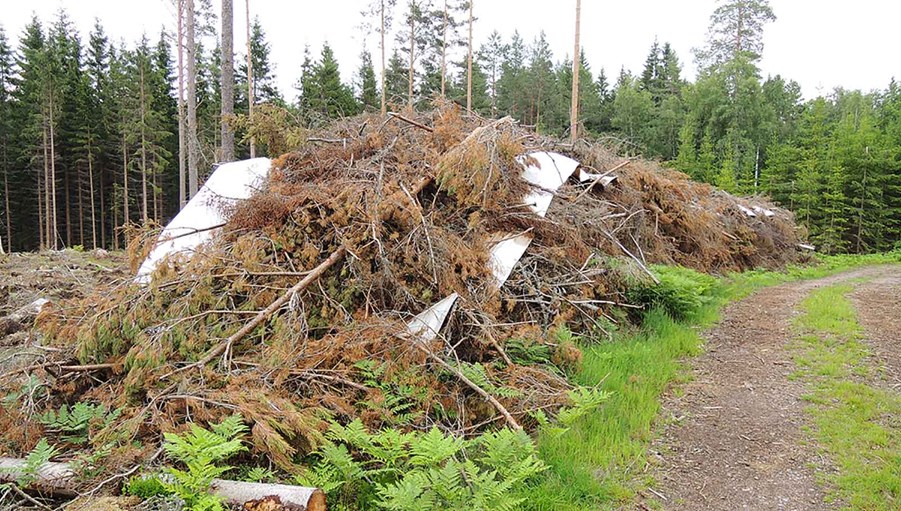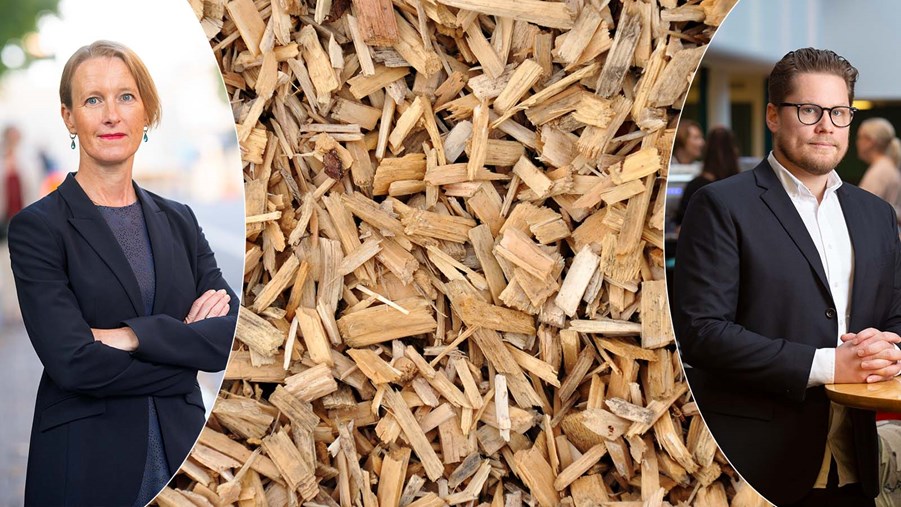
In the middle of the energy crisis, the European Parliament proposes that energy from primary woody biomass should be capped at current volumes and not receive financial support. The Swedish Forest Industries is worried about the implications for climate efforts and energy systems in the EU.
“The position adopted in the European Parliament this week fails to safeguard the largest renewable energy source in the middle of the energy crisis. In Sweden, it is a matter of societal concern. We use primary woody biomass, in line with the cascading use principle, to heat our homes, schools, nurseries, and kindergartens. It makes Sweden and the whole EU less dependent on Putin’s oil and gas, which benefits the climate and our energy self-sufficiency”, says Viveka Beckeman, Director General for the Swedish Forest Industries Federation (SFIF).
Important investments will be lost
The position of the European Parliament means that the use of primary forest biomass for energy, for example tops and branches or damaged wood, will only be accounted as renewable in RED up to a cap based on historic levels. The cap will be gradually phased down, based on an impact assessment by the European Commission.
“Many EU-companies are planning for investments in climate mitigation technologies based on forestry residues, for example advanced biofuels, fossil-free industry or BECCS. They might have to reconsider their climate goals and strategies. Equally important is the issue of what to do with investments already made. Bioenergy currently accounts for about 60 percent of the EU’s renewable energy mix. It is unclear what it will be replaced with”, says Mårten Larsson, Head of Bioenergy Policy at SFIF.
Limitations for clear-cutting practices
The ENVI proposal to prevent clear-cutting through RED harvesting criteria was not changed in the plenary vote. It does, however, allow for clear-cutting if it leads to favourable and appropriate ecosystem conditions.
“Based on available knowledge and experience in Swedish forestry, clear-cutting practices are needed as part of modern sustainable forest management in boreal forests to achieve such conditions. That includes fbetter conditions for regeneration and growth in the forest, and combined with other measures - also favourable conditions for biodiversity”, says Mårten Larsson.
What to do next?
“In the trilogue, member states will have to push hard for the right to use primary woody biomass as part of fossil free and affordable energy systems”, says Mårten Larsson.
“Sustainable primary woody biomass is a core part of the Swedish energy system and climate mitigation efforts, such as effective heat and power production, fossil-free industry, advanced biofuels for all means of transport and BECCS. Not using residues will not help the climate or biodiversity, and it could reduce the possibilities for managing forests in a sustainable and resilient way”, concludes Mårten Larsson.
